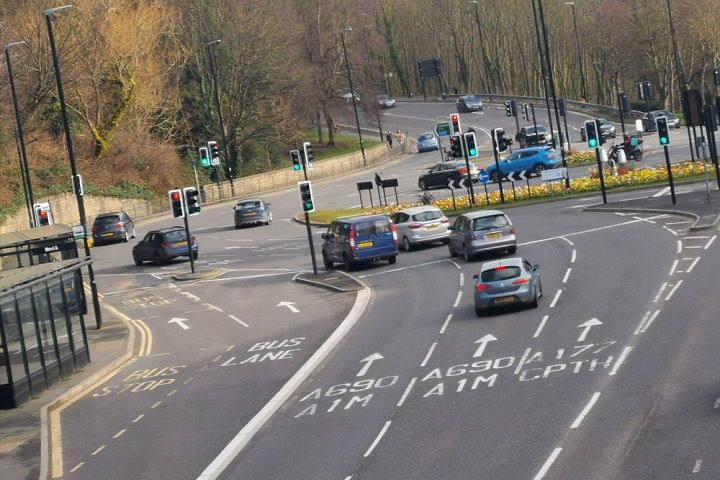
As the cost of living continues to rise, IAM RoadSmart has expressed concern that millions of motorists could soon be risking their safety by shunning new tyres in favour of cheaper part-worn tyres – described by experts as ‘death traps’.
A survey of 1,000 drivers carried out by the charity found nearly 40% of respondents would consider purchasing part-worn tyres in an effort to save money as the financial squeeze tightens.
IAM RoadSmart notes this potentially represents around 14 million of the 35.9 million drivers in the UK.
In terms of location, at 55%, Londoners are most likely to purchase part worn tyres.
According to TyreSafe, an average of 159 people are killed or seriously injured every year as a result of defective tyre related collisions.
An investigation conducted by TyreSafe also discovered that 63% of part-worn tyres were unsafe to return to the road.
Neil Greig, director of policy and research at IAM RoadSmart, said: “In straitened times, it is little wonder so many drivers hesitate to purchase new tyres, which can cost up to £1,000 for four.
“However, the importance of purchasing high quality tyres cannot be understated.
“Adequate tread depth is essential for safe driving on wet roads and facilitates effective acceleration, cornering and braking. Conversely, many part-worn tyres deliver longer stopping distances and reduced manoeuvrability, making them potential death traps.
“Therefore, we would urge hard-pressed drivers who are hesitating to purchase new tyres to ask themselves whether the additional cost of new tyres is worth putting yourself, as well as other road users, at risk.
“Drivers should also consider the cost per millimetre of usable tyres, rather than merely the initial purchase price. New tyres are normally sold with around eight millimetres of tread depth, whereas part-worn tyres have as little as two millimetres of tread.”
Meanwhile, 57% of respondents stated that they always check their own tyres, while nearly one in three said they ask a friend or relative to check for them.
Neil added: “It is encouraging to see that safety conscious drivers are asking somebody else to check their tyres for them if they do not have the knowledge to do so themselves.
“If you have bought a second-hand car, you should always check whether the tyres are roadworthy, including whether the tyre meets minimum depth requirements and is free of defects. This way, we can ensure Britain’s roads are as safe as they can be.”
I have no idea whether it is happening already, but perhaps it could be time for some tyre outlets to offer monthly budget plans to smooth out the cost?
Pat, Wales
+1
“Adequate tread depth is essential for safe driving on wet roads and facilitates effective acceleration, cornering and braking” On the other hand if you accelerate, corner and brake at moderate, controllable speeds the tread depth won’t be critical.
What is a ‘defective tyre related’ collision anyway? Is this where a crashed car had low tyre pressure and/or tread depth and it is therfore concluded (possibly erroneously) that it must have been a factor – how would the police know?
Hugh Jones, Cheshire
+2